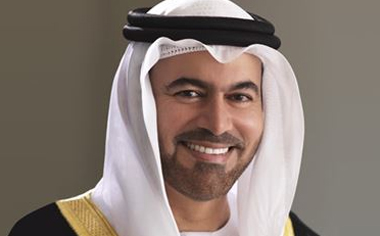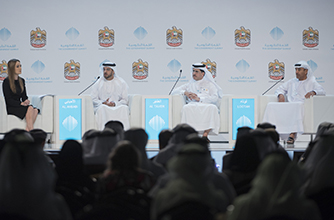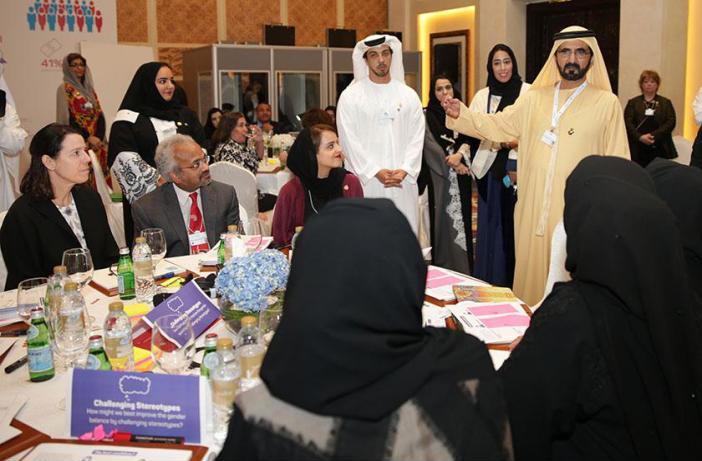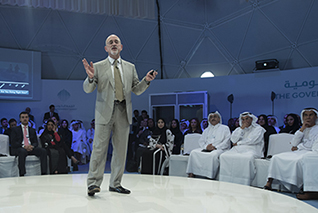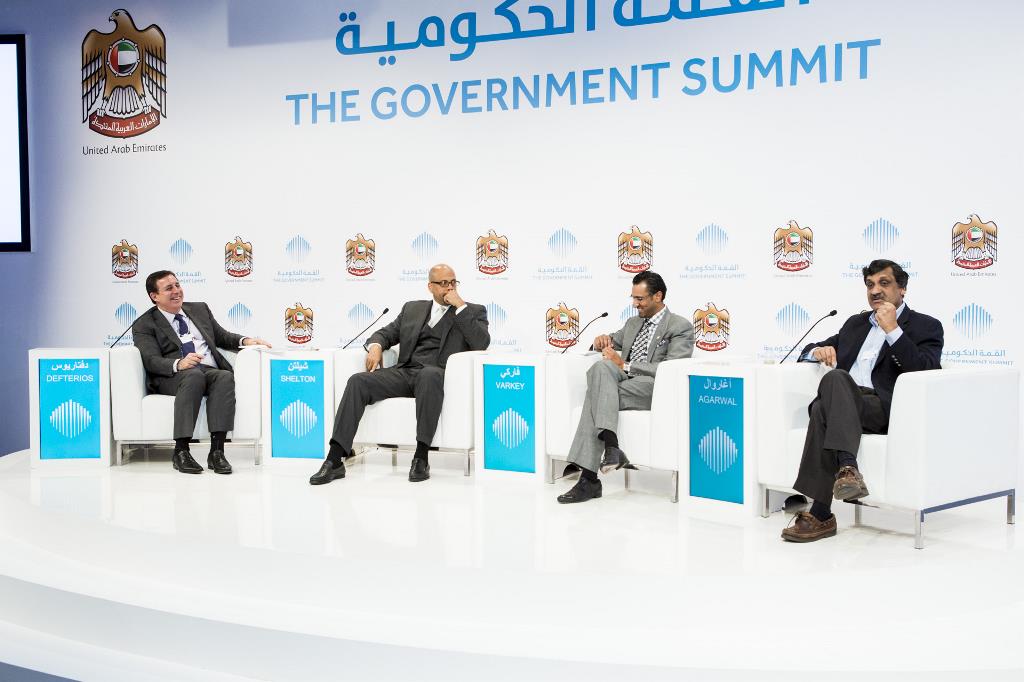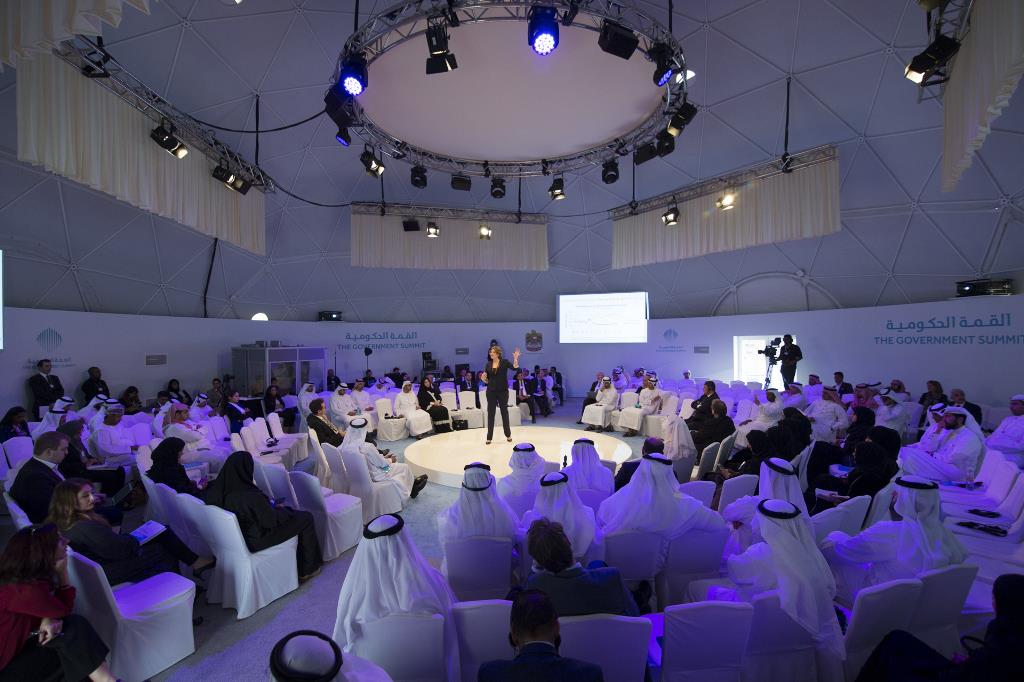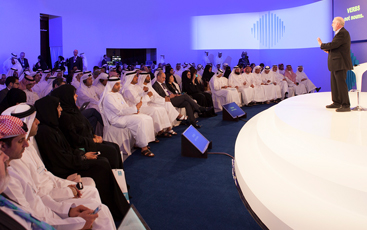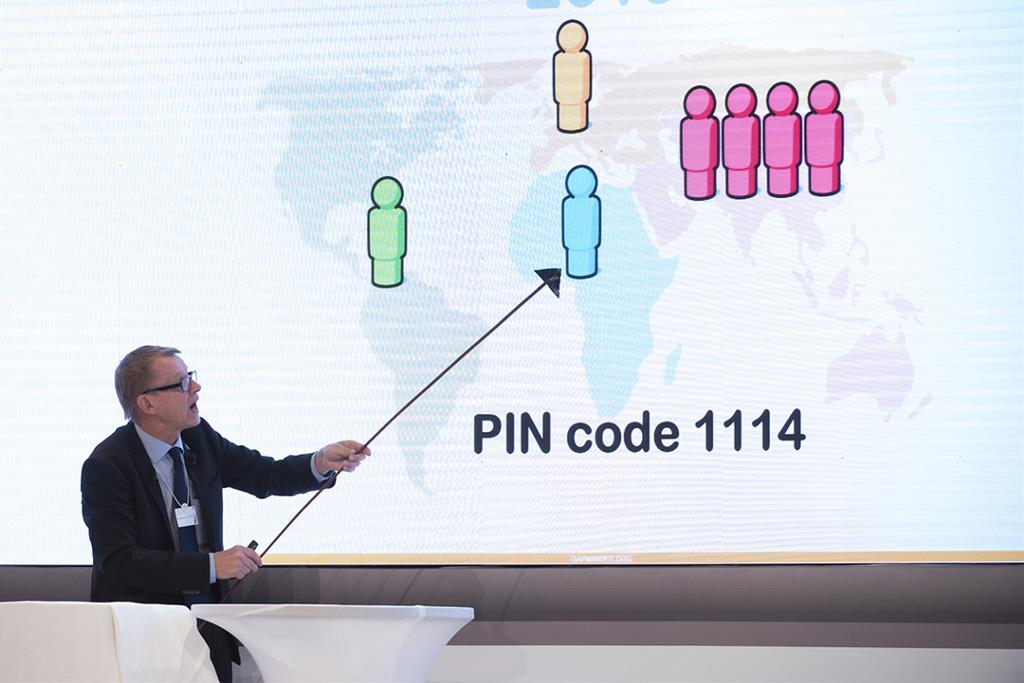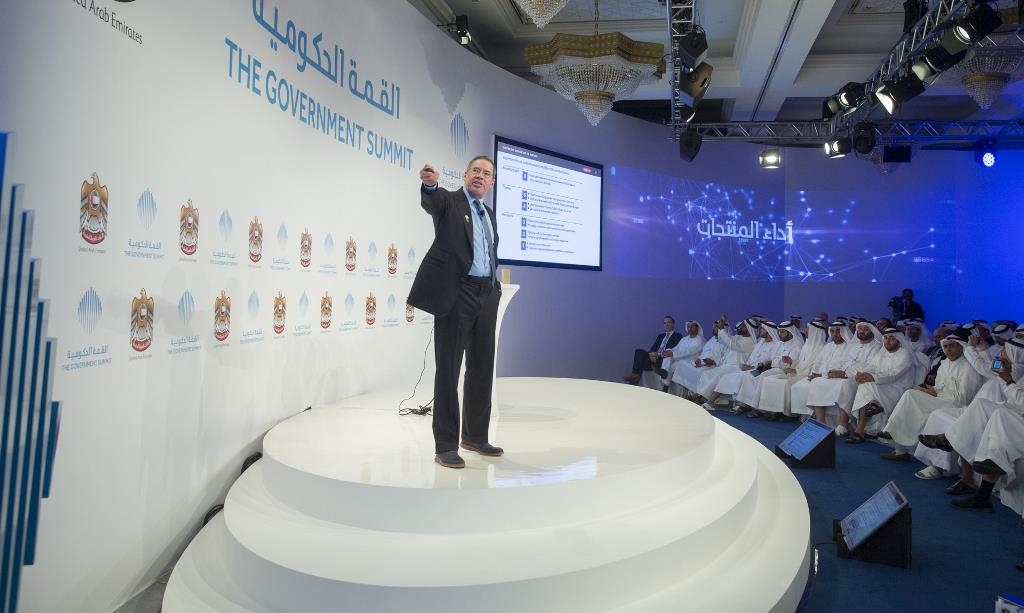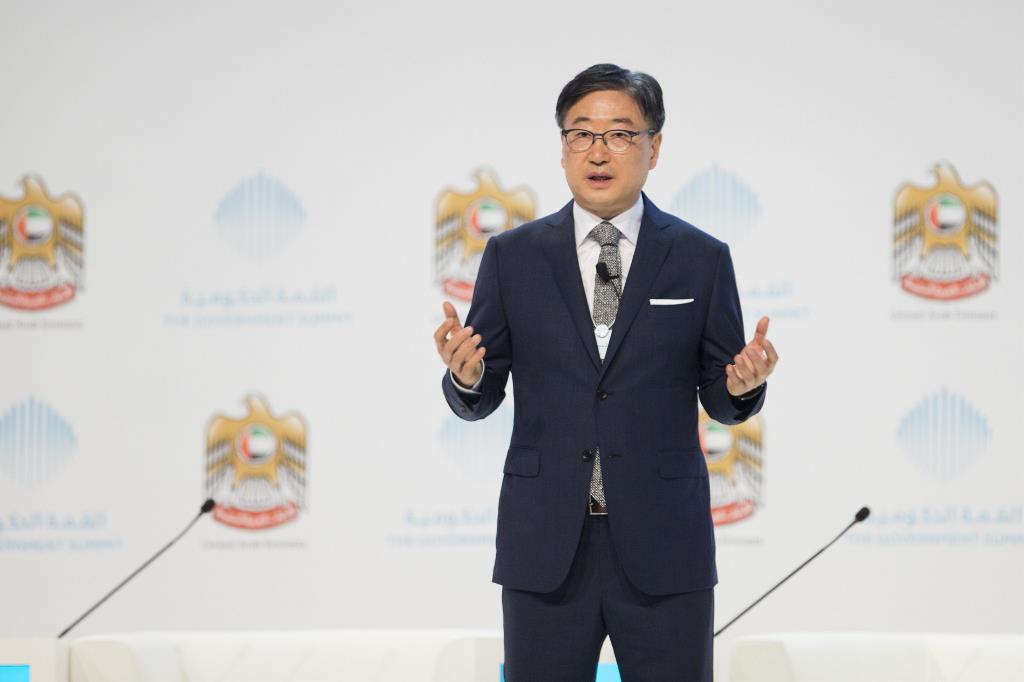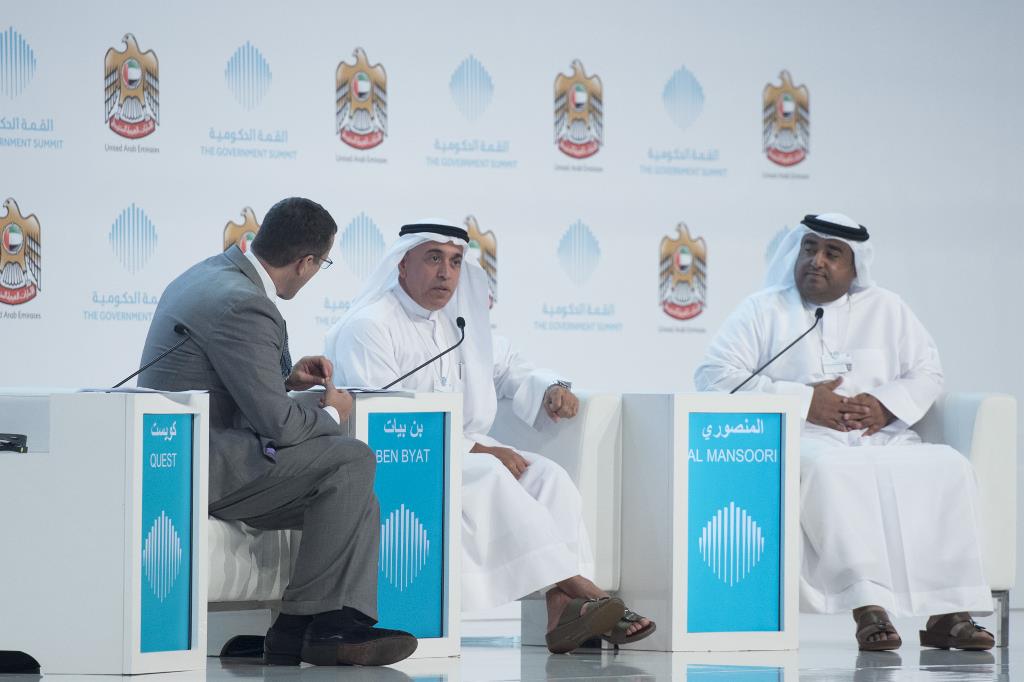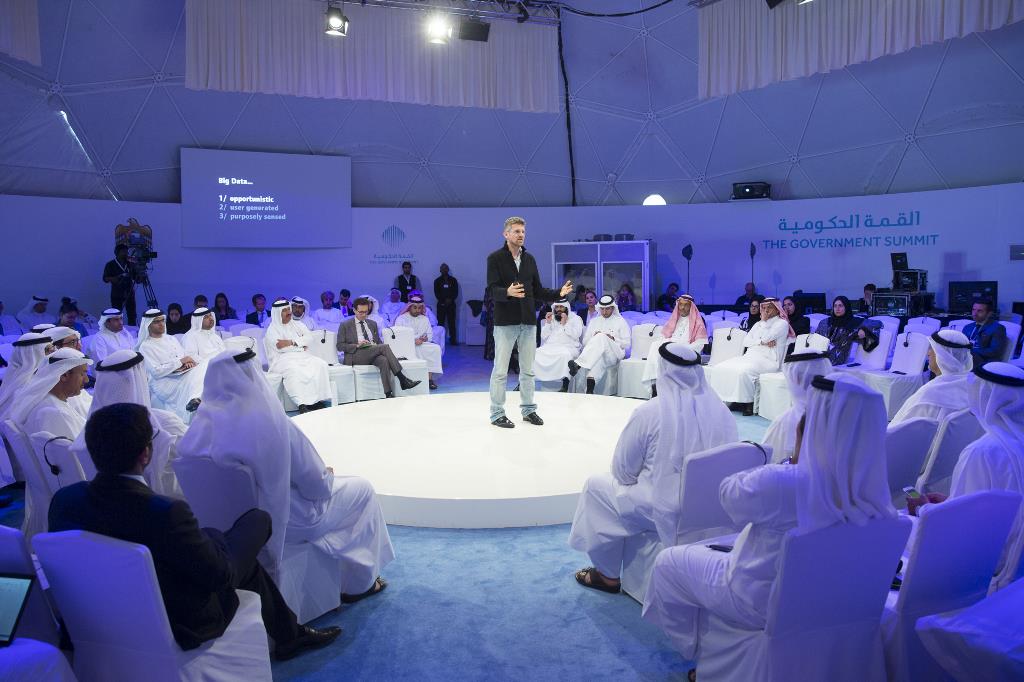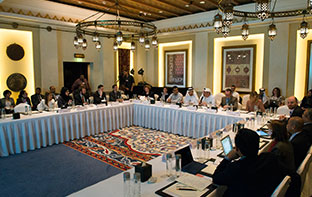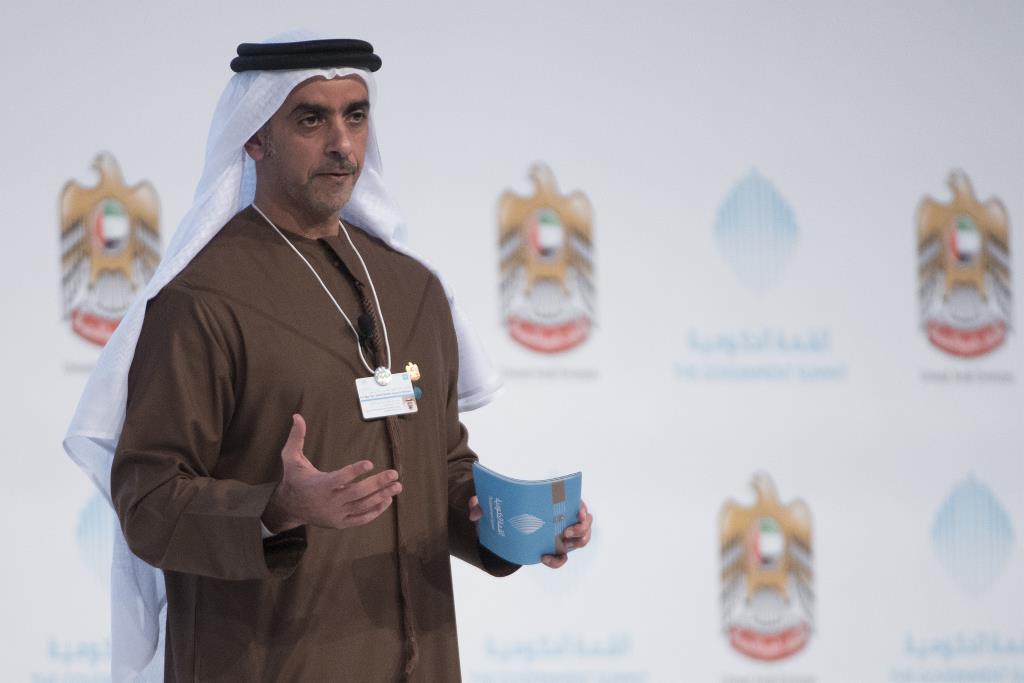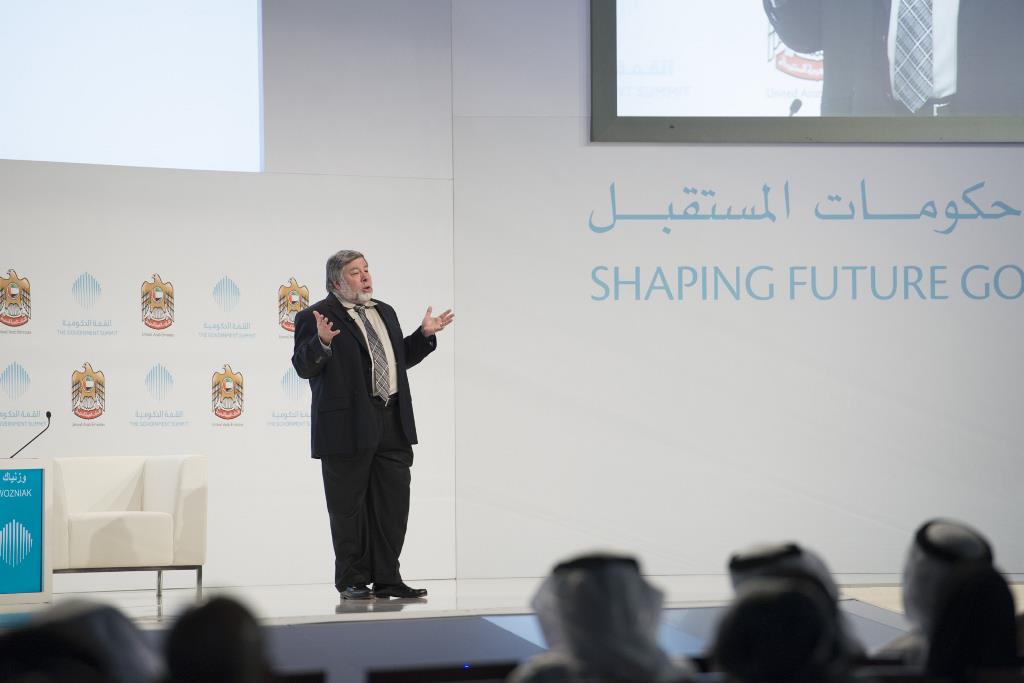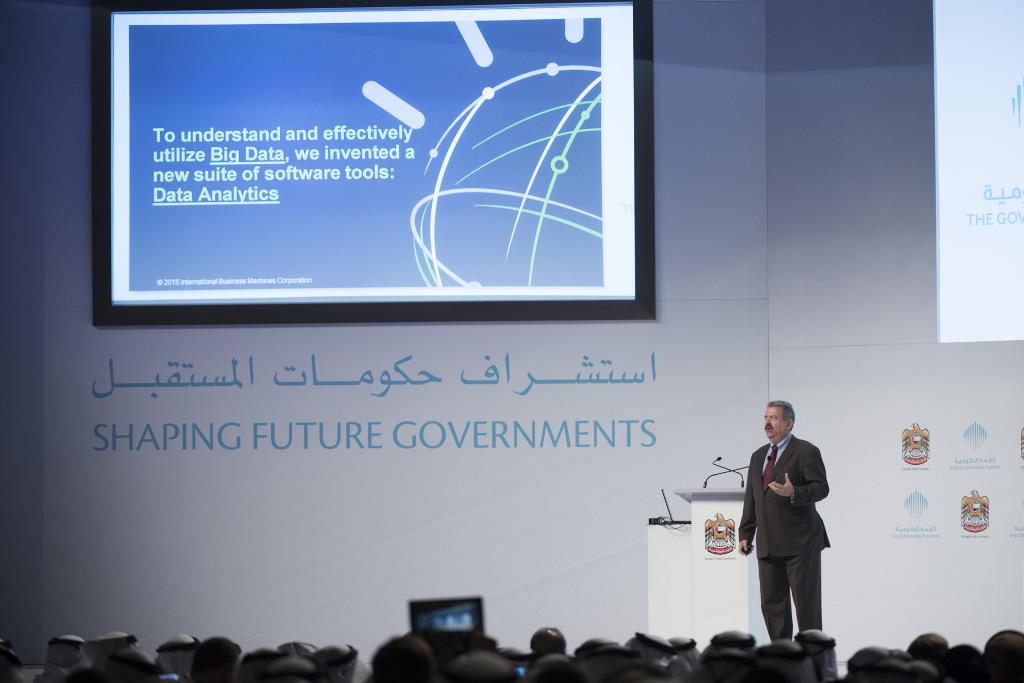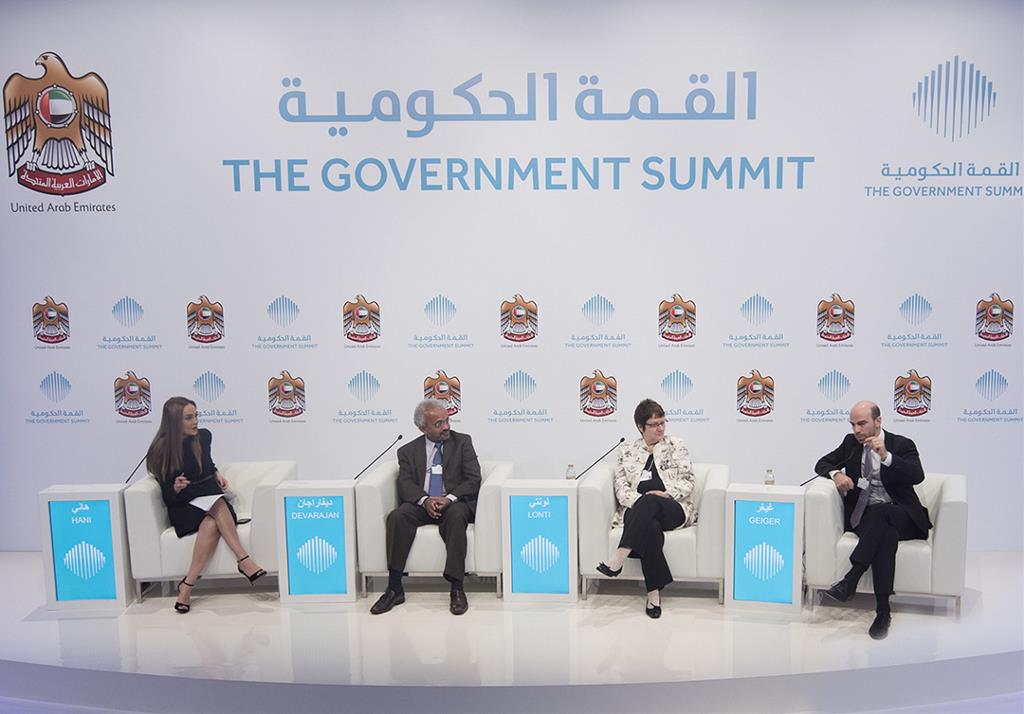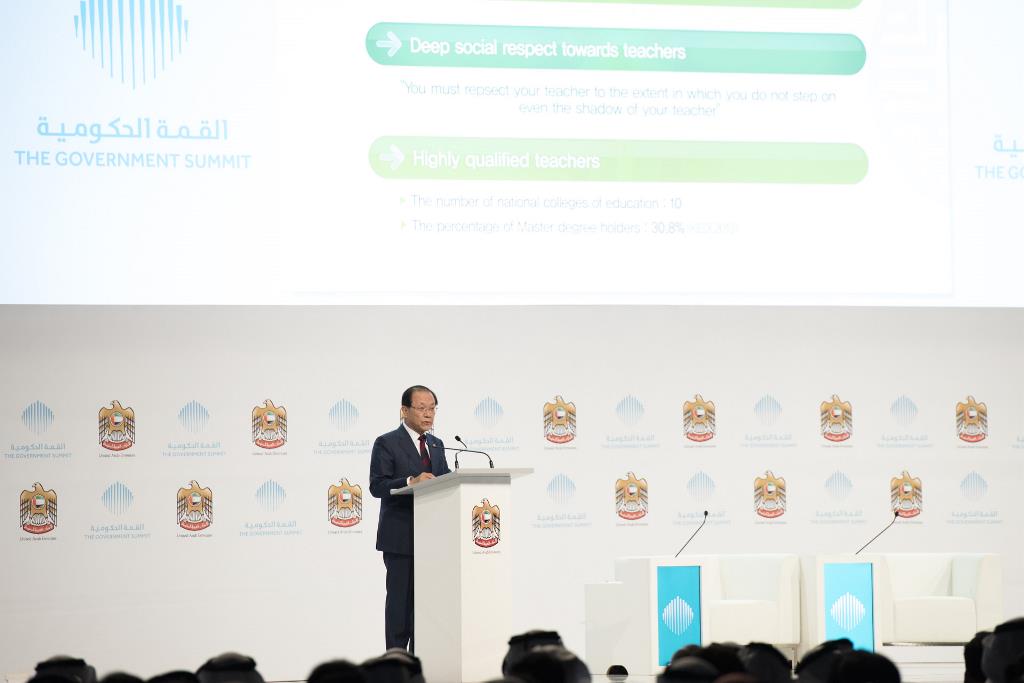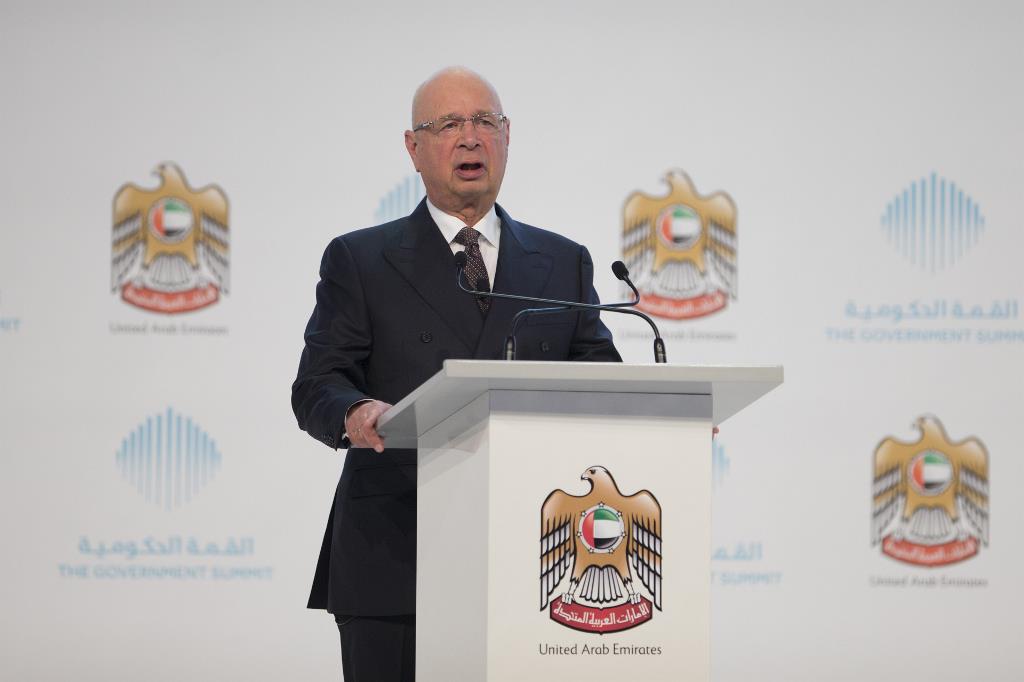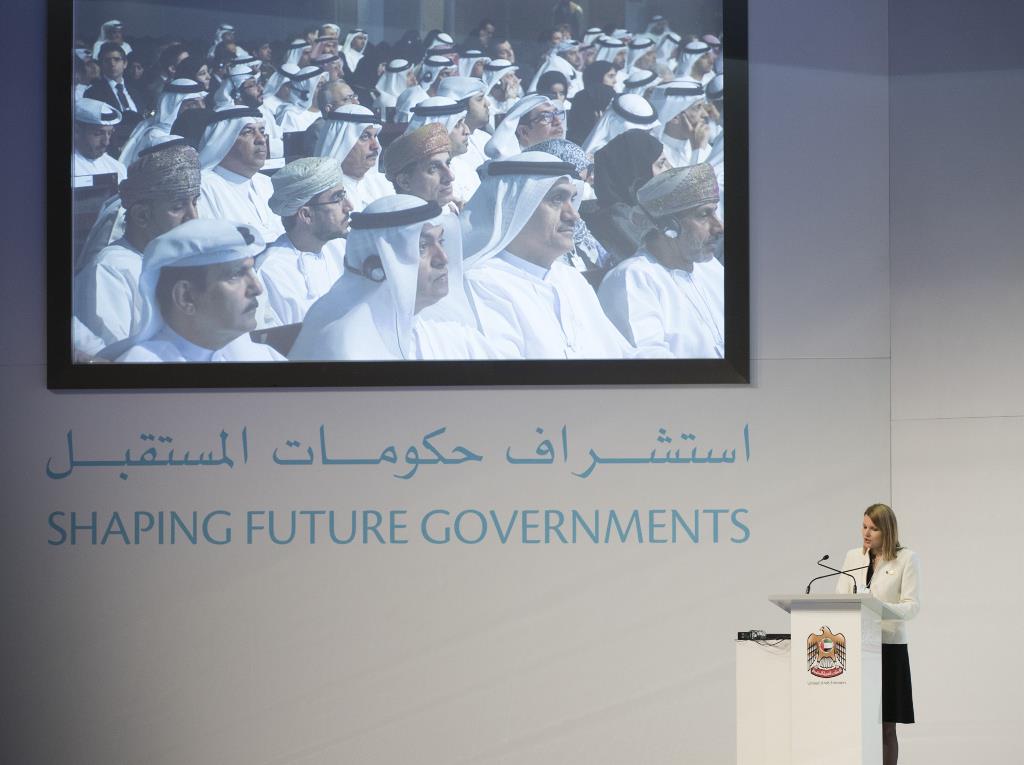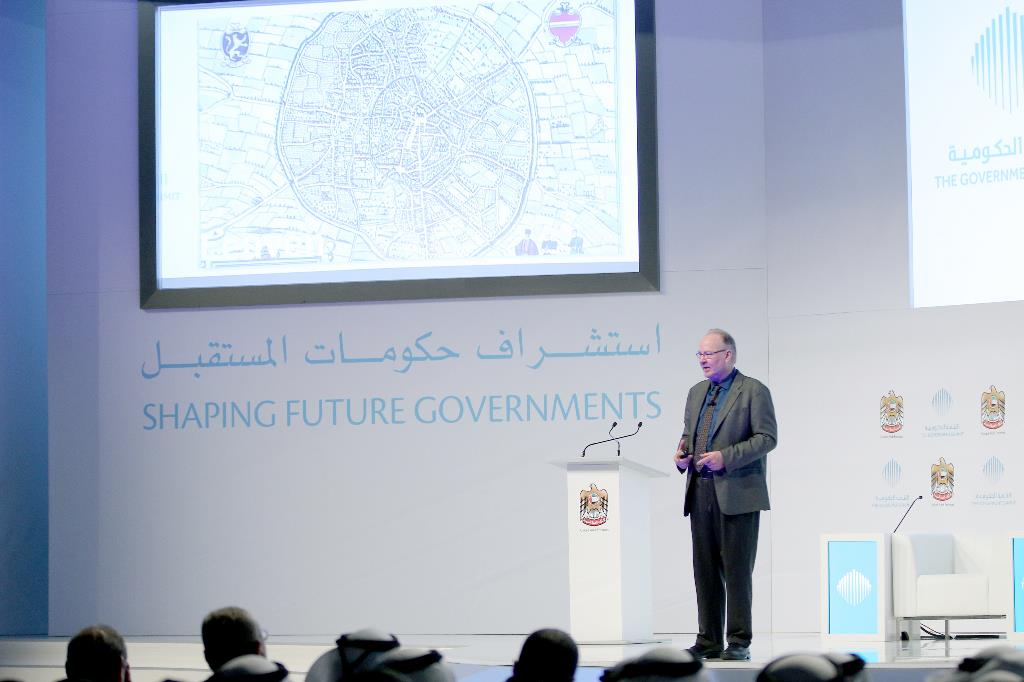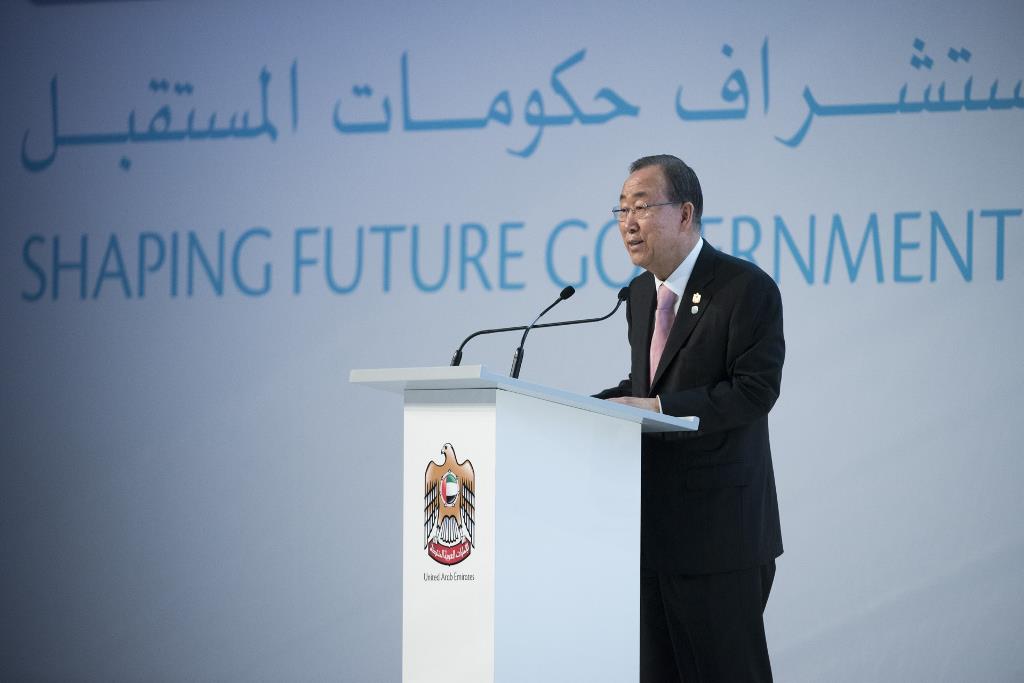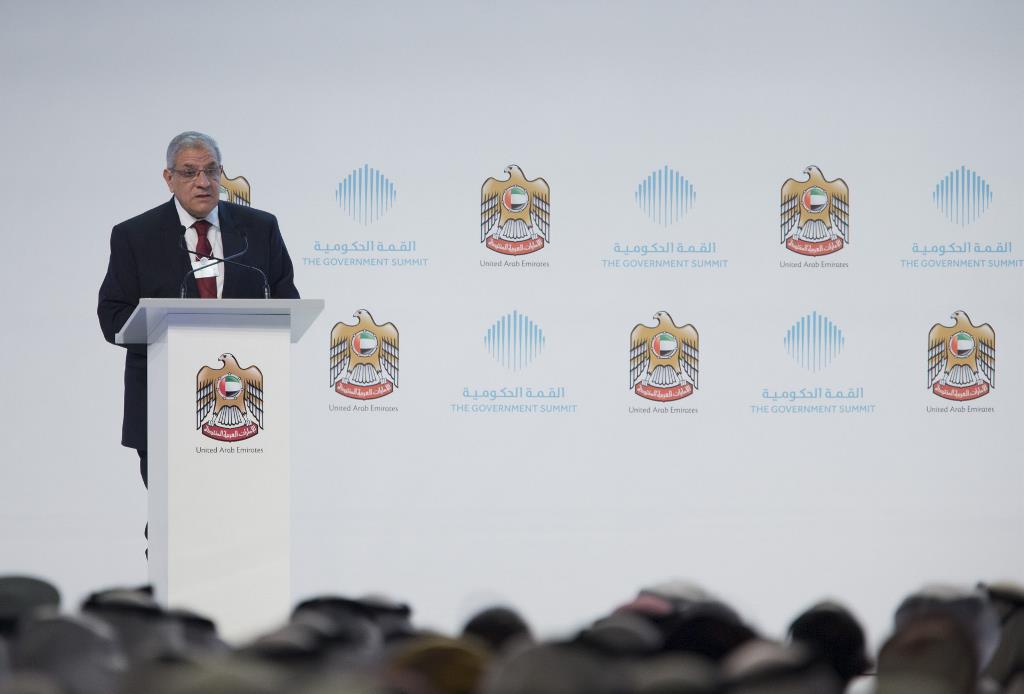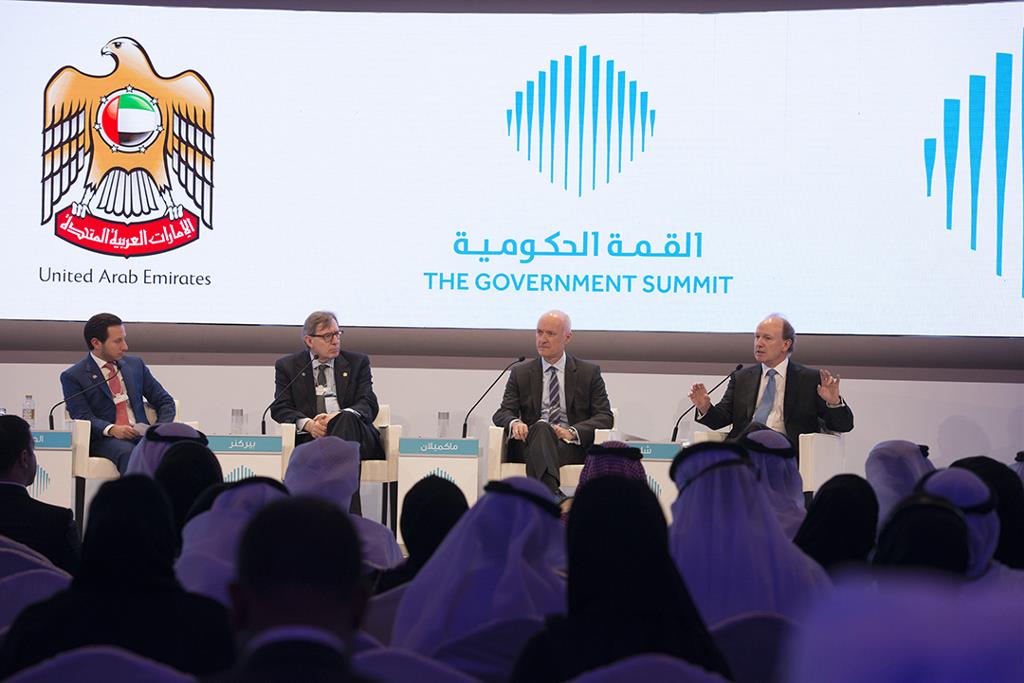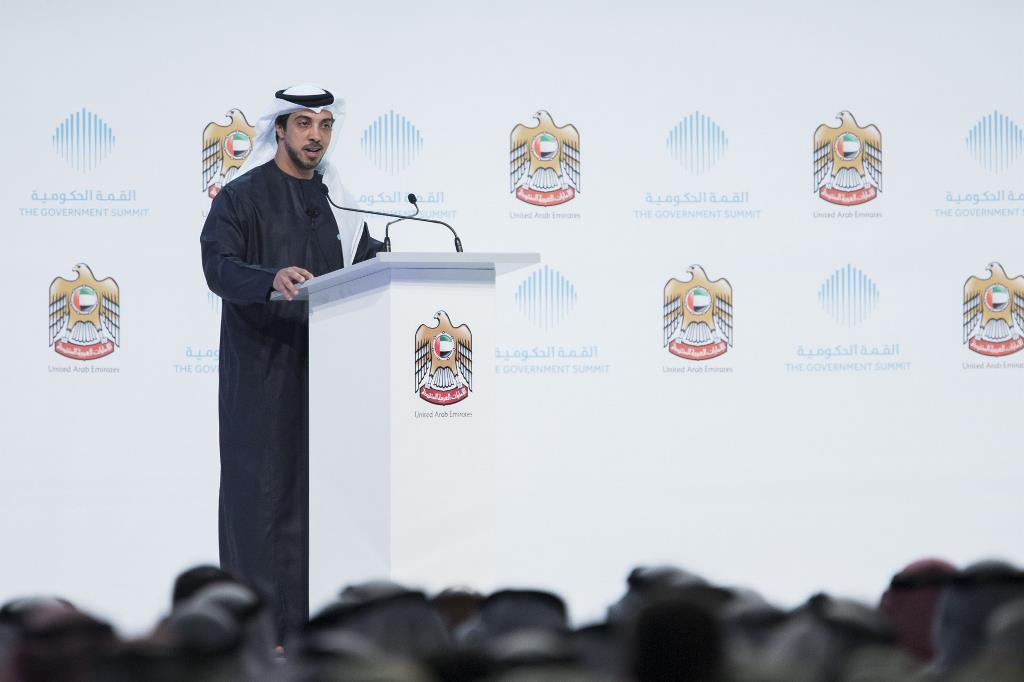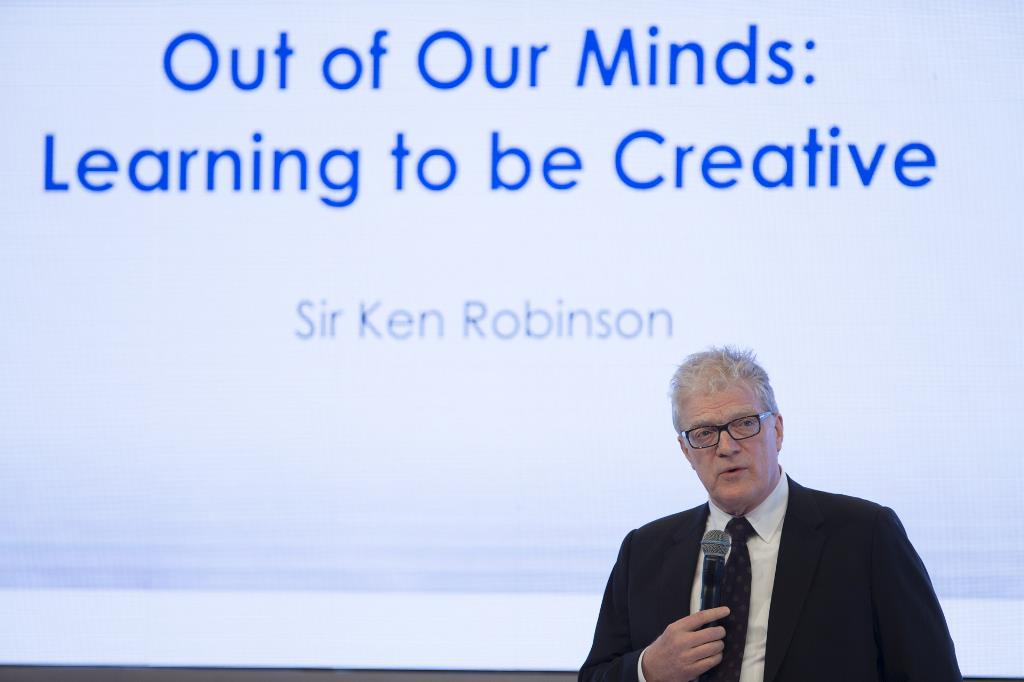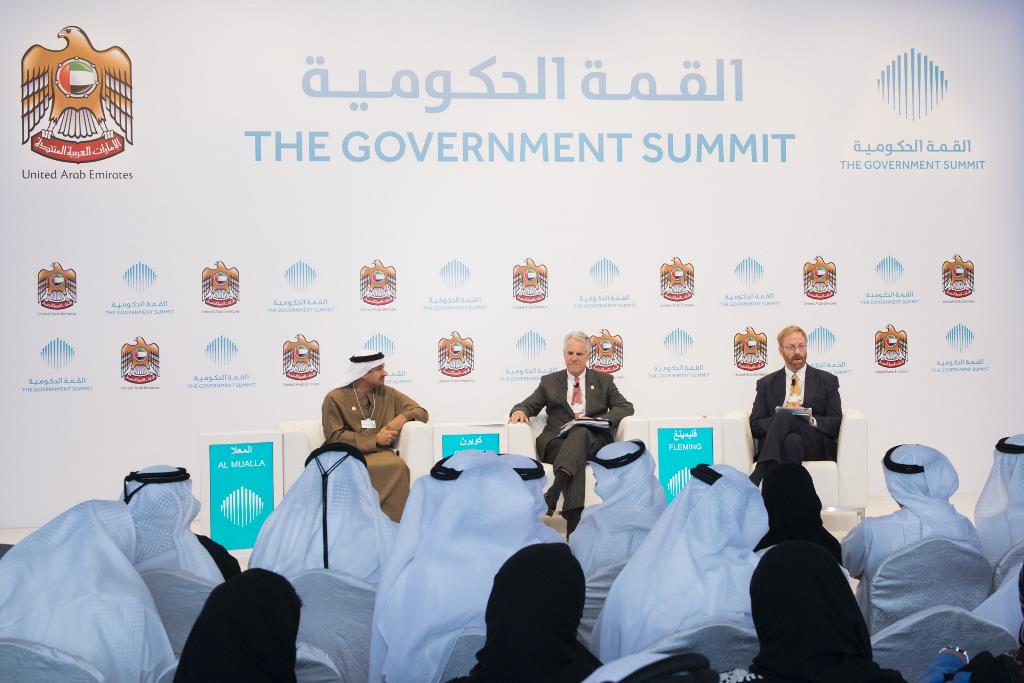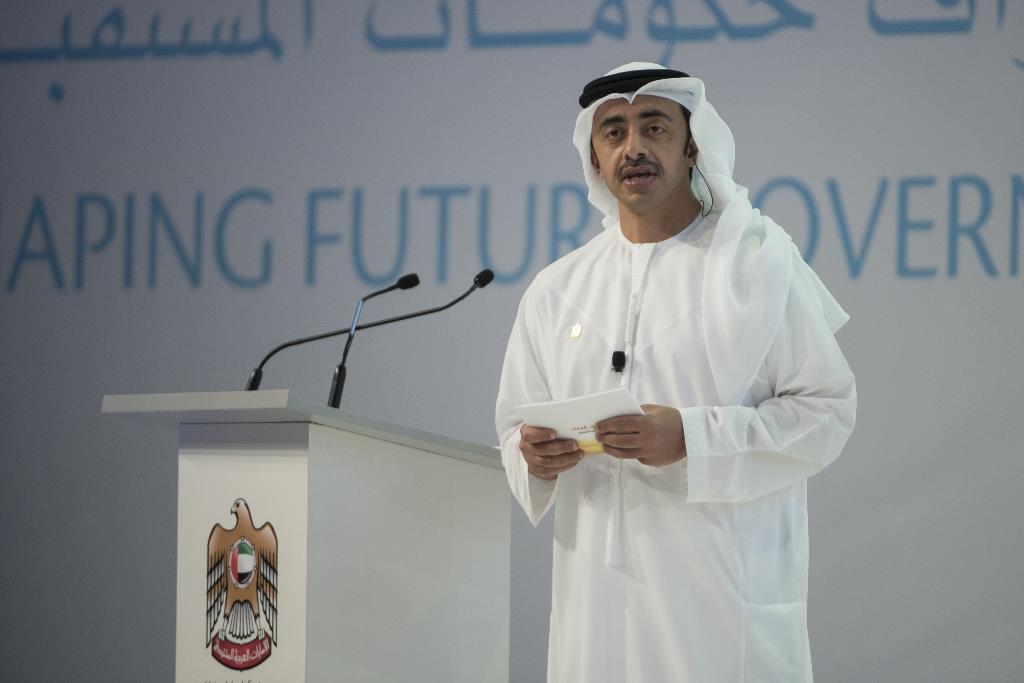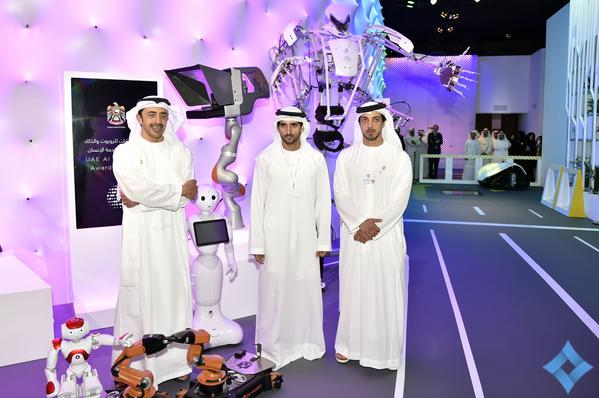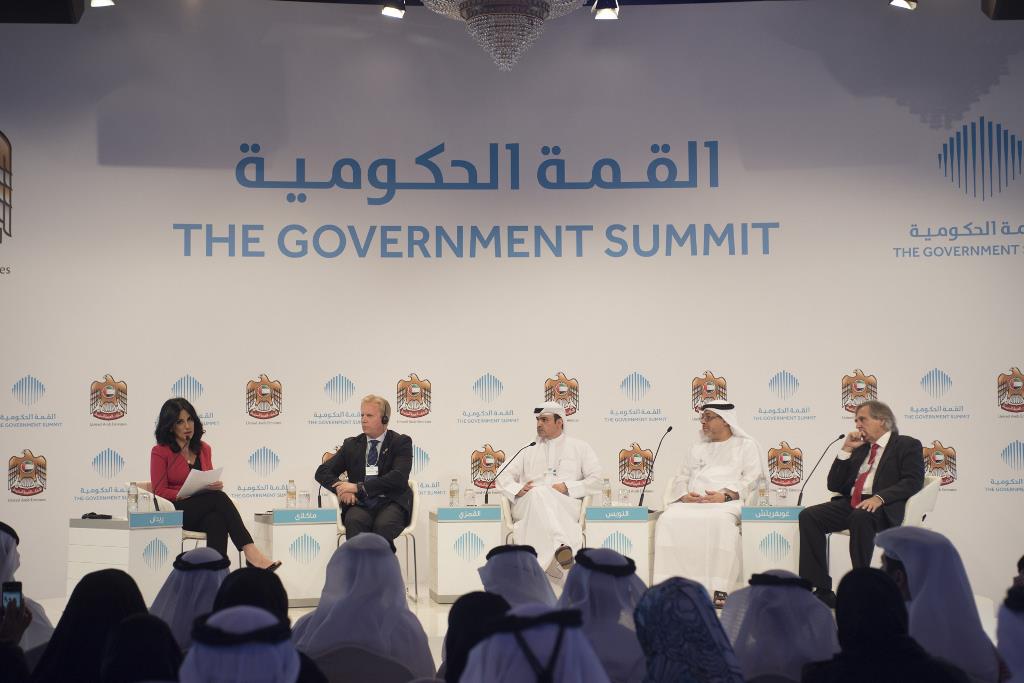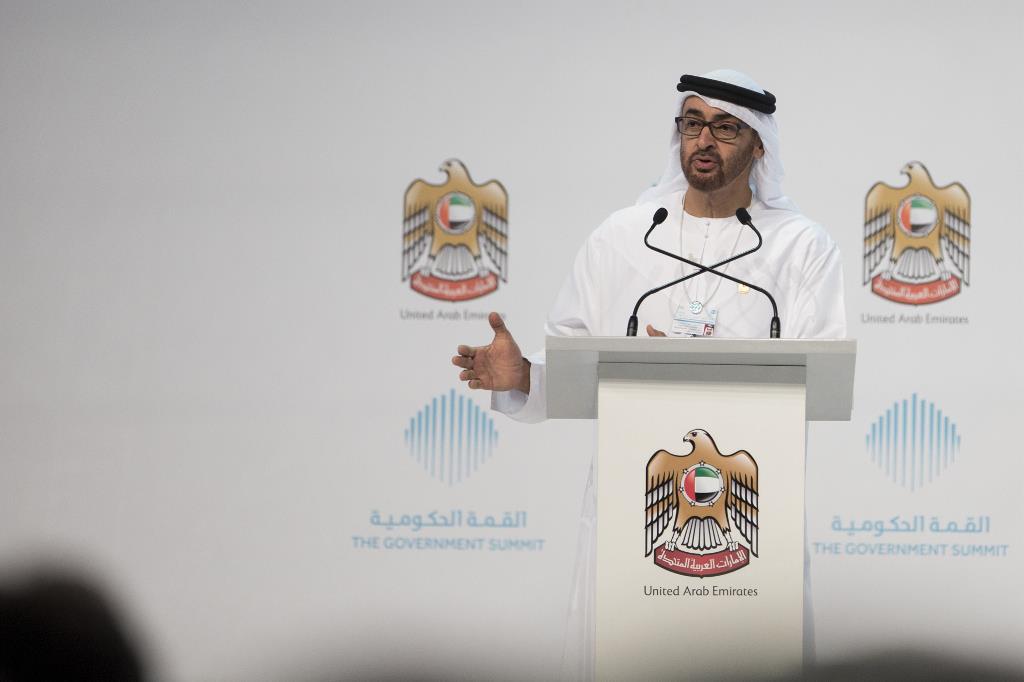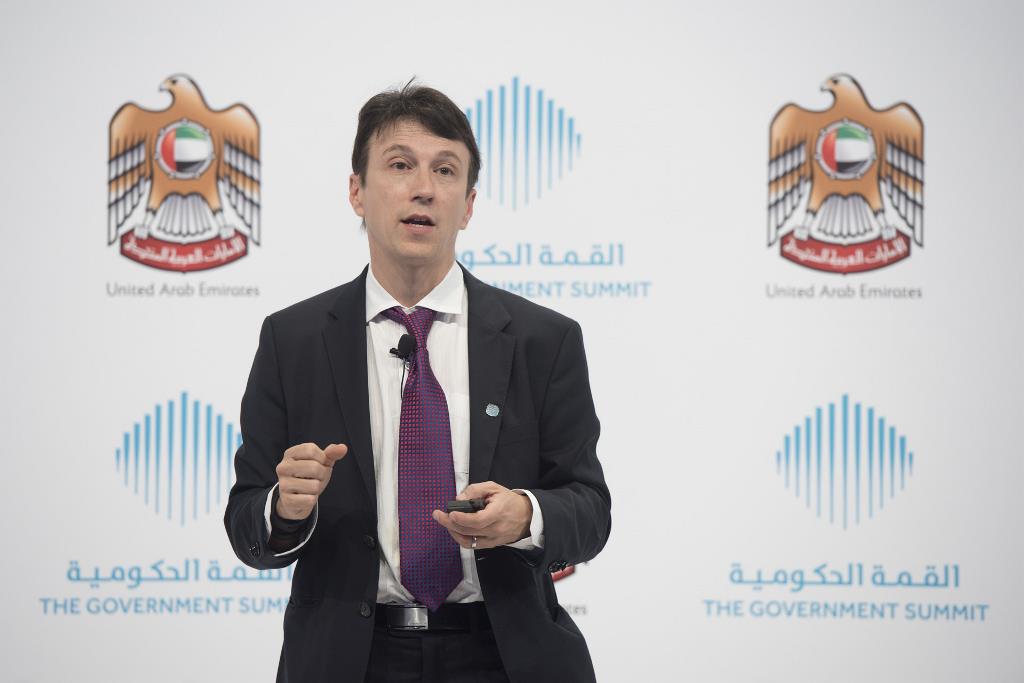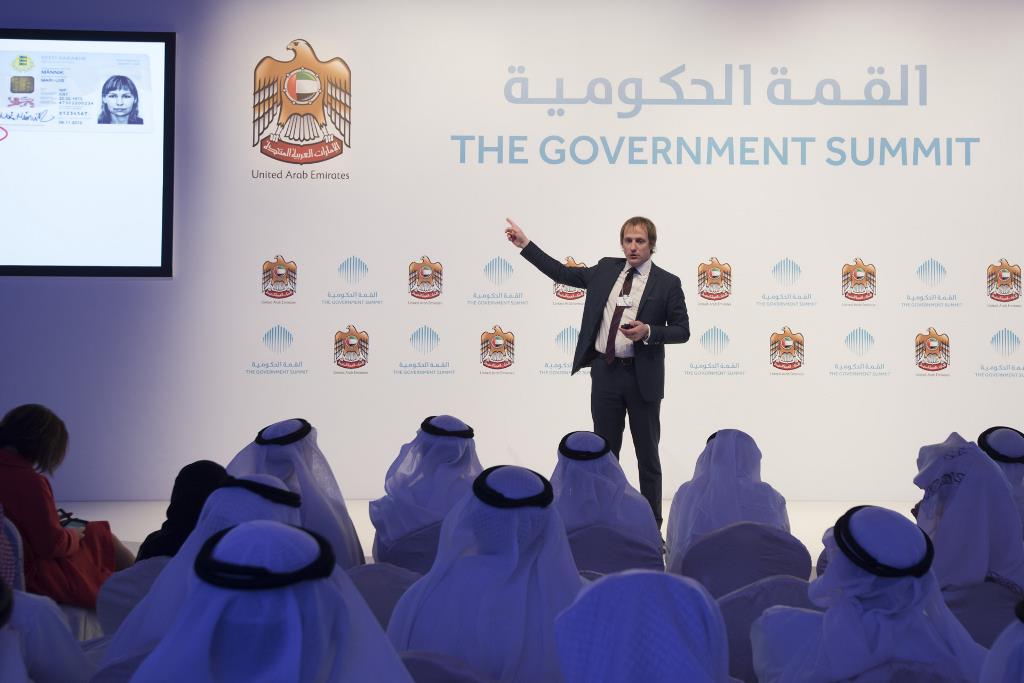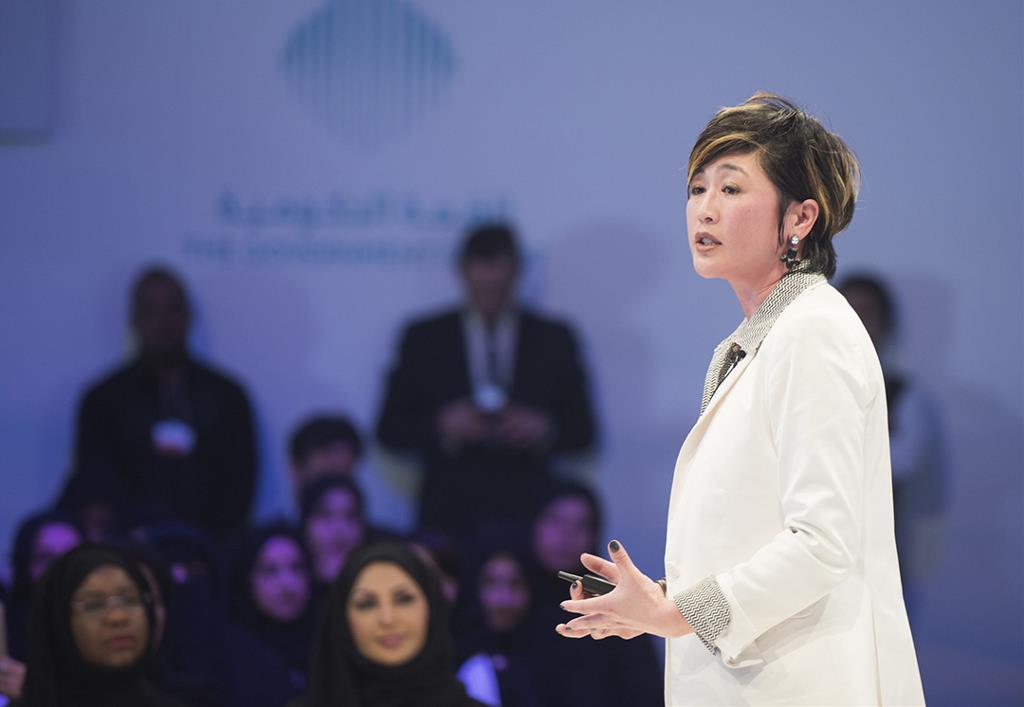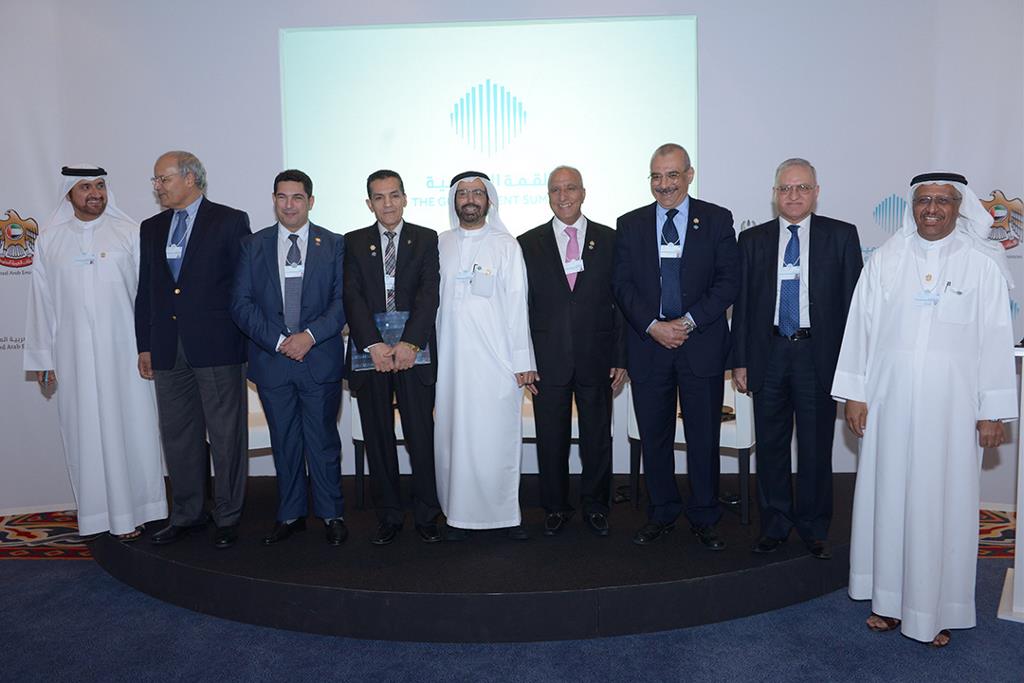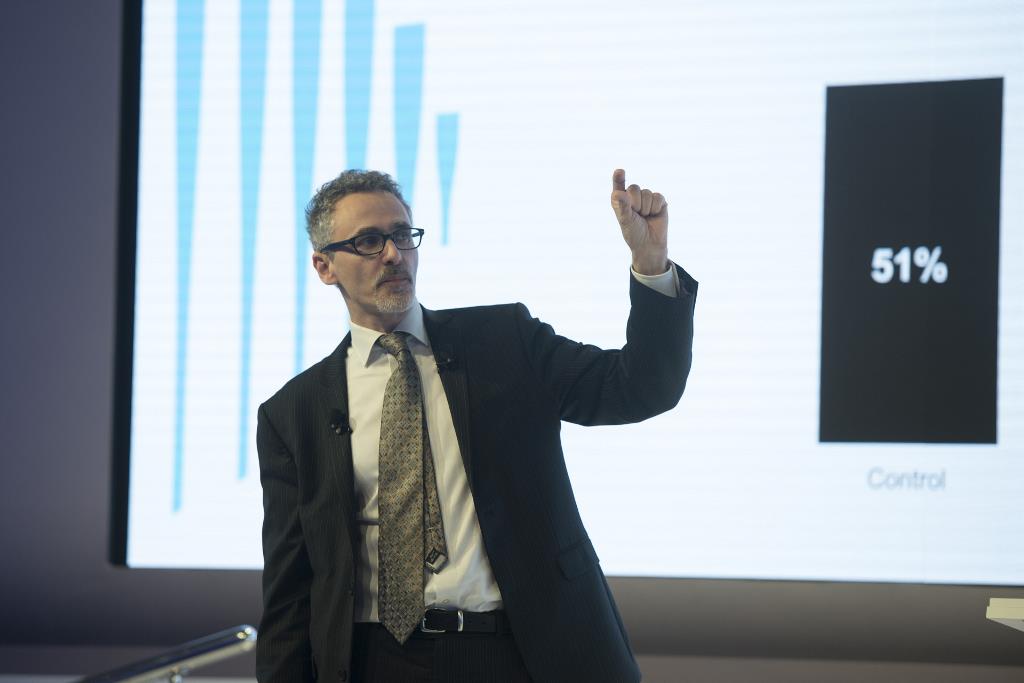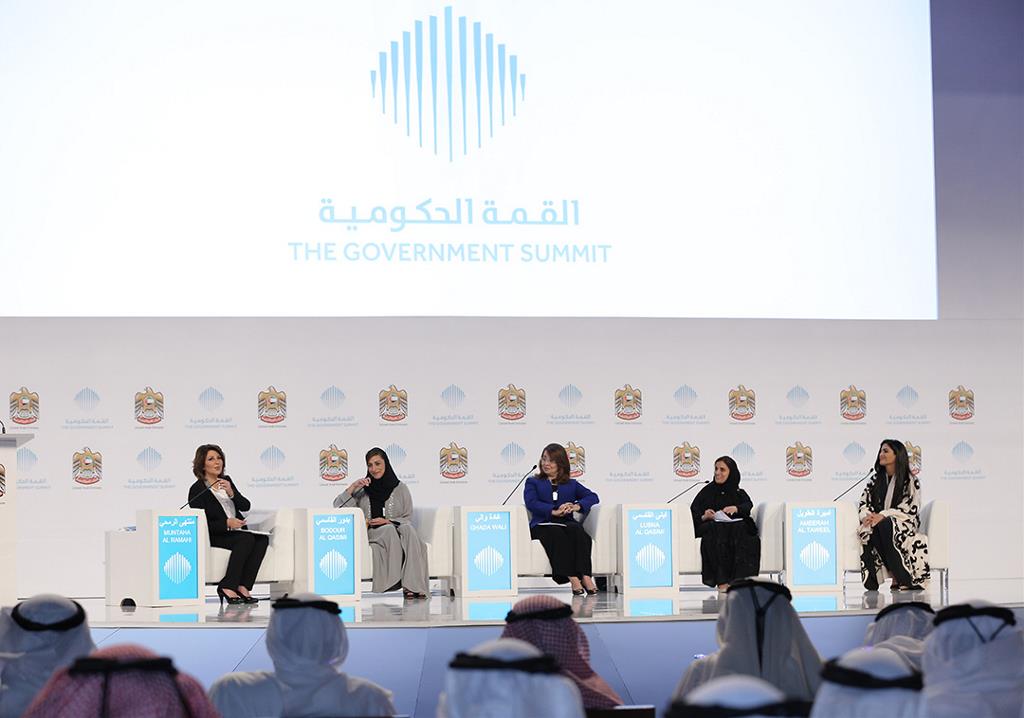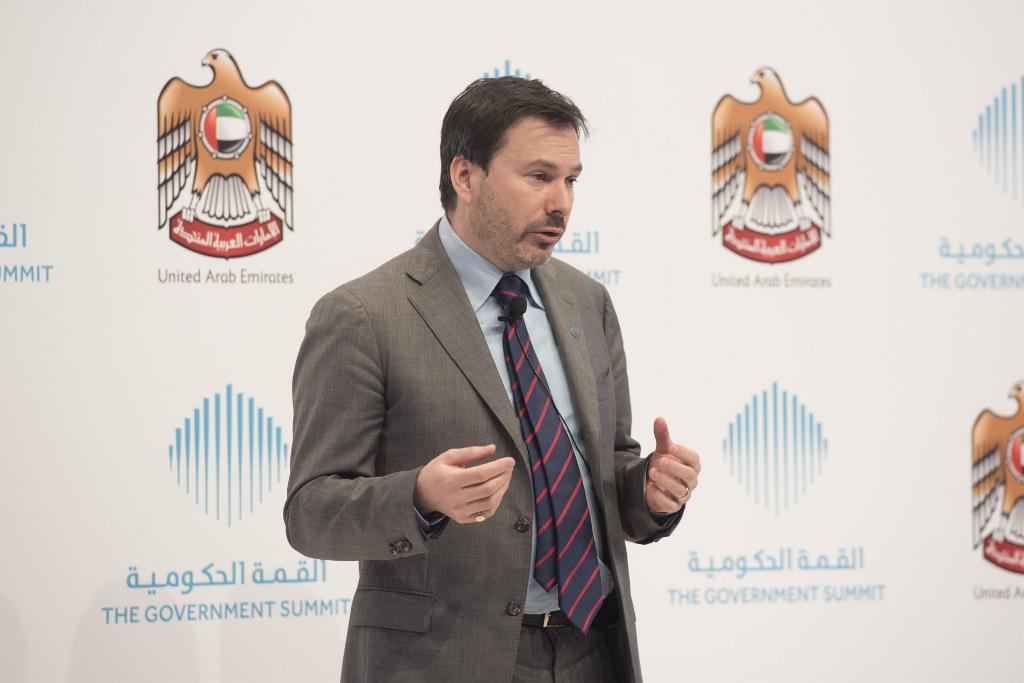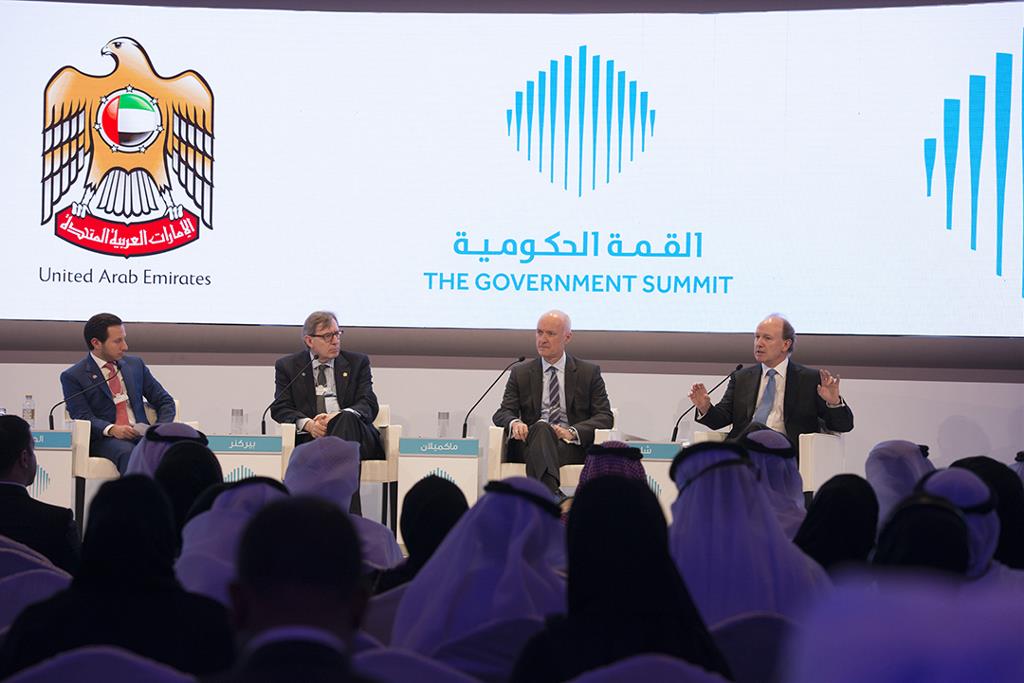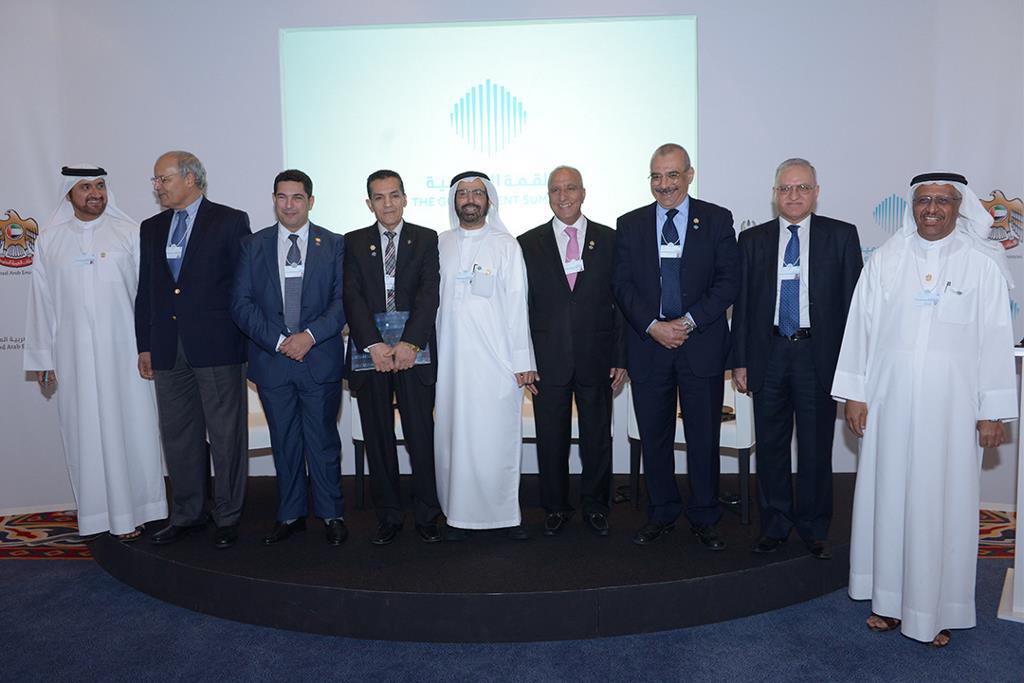Smart Policies for Innovative Public Sectors
Could smart policy be the answer to the question on how to become innovative? But what is the definition of smart policy in the first place? Is being smart all about technology? And can it be measured like how we measure Intelligence Quotient (IQ) or Emotional Quotient (EQ)?
Mohammed bin Rashid School of Government (MBRSG) in partnership with Lee Kuan Yew School of Public Policy held a pre-Summit roundtable to discuss these issues. This roundtable brought together decision-makers and thinkers from schools of government around the world, as well as representatives of intellectual institutions and other significant international organizations.
The session discussed the definition of what ‘smart’ policies are; the role of participatory planning and collaboration in developing a smart policy; and the roles of schools of government in supporting decision makers with smart policies leading to effective implementation of innovative public sector practices. On the first topic, discussions revolved around the fact that smart policy was originally a tactical discipline with an emphasis on effectiveness, or to simply get the job done. Thereafter, it kept evolving, as terms like efficiency, equity and environmental sustainability were coined in and added into the concept. Participants agreed that to address the ever-changing and volatile environment in which we live in, smart policies should be inclusive, innovative and integrated. Participants also emphasized the role of skills in policy design, evaluation, implementation, follow-up and refinement. They stressed the importance of formulating realistic policies that allow for participation by those affected by them. They also discussed the challenges faced by policy makers to engage stakeholders and how to ensure proper engagement that is not confined to the elite or the decision-makers, but that would meet community needs and requirements. The session also discussed ways to enhance the role of schools of government so they contribute more effectively in designing and implementing smart policies, making them part of government practice across sectors.
Participants had no respite from smart policy as they went in to a working lunch in three groups that discussed related issues. One table talked about issues related to the sharing of knowledge and information between governments, between government departments, and within a department. The consensus was that there are three major challenges to such sharing. One relates to protection of intellectual property rights. The other relates to sensitivity of data. And the third relates to a general ignorance of the modalities of sharing information.
Another table took on the topic of the need for schools of government to create courses and case studies that are “glocal” in nature, which takes knowledge generated globally and puts a local spin on it to make it more relevant to a country or region. This table also emphasized the need for think tanks and universities to collaborate with each other and with governments in order to cross-fertilize ideas.
The third table discussed the pros and cons of a culture that allows for failure in public administration and the mechanisms that enable the government to learn from such events. It also discussed how schools of government can restructure courses in a way that makes them more compatible with day-to-day administration.
